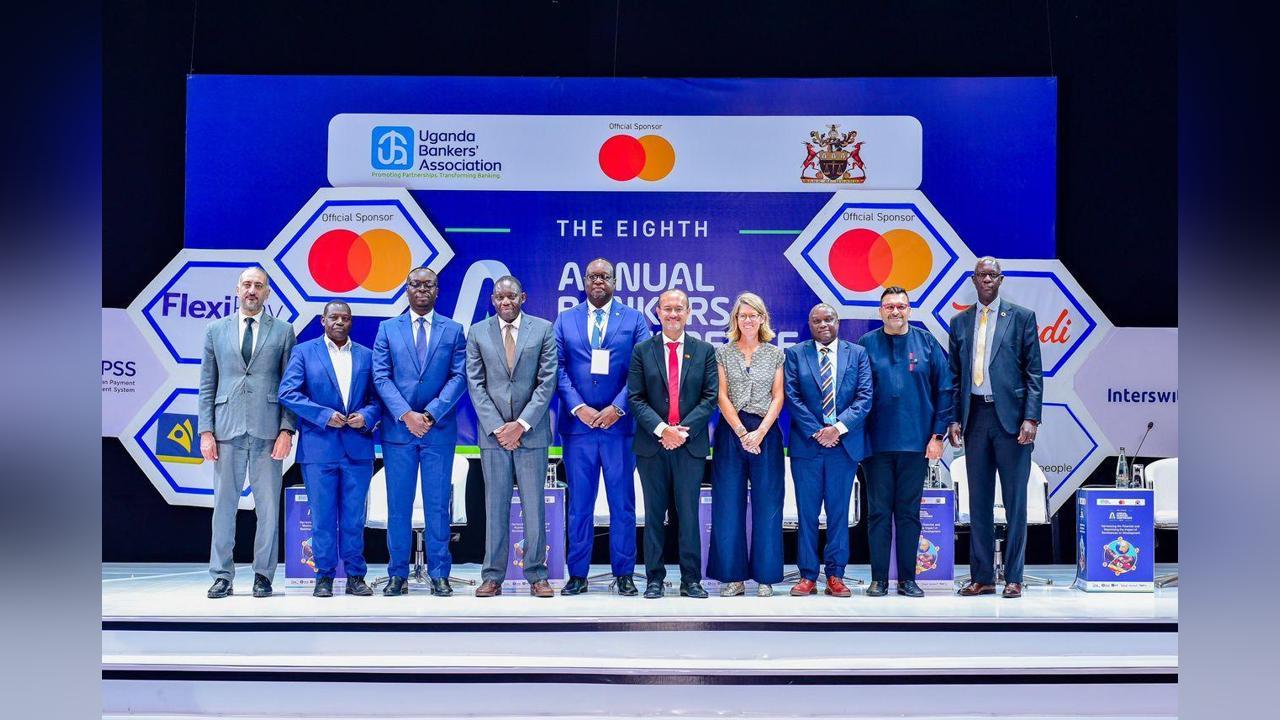Africa-Press – Uganda. Uganda’s foreign remittance inflows reached \$1.42 billion in 2024, a record milestone that has drawn attention to the untapped potential of the diaspora in national development.
At the 2025 Annual Bankers Conference in Kampala, financial experts, policymakers, and banking executives called for the creation of investment-focused products to convert remittances from mere household support into long-term economic assets.
Speaking at the conference, the Governor of the Bank of Uganda, Dr. Michael Atingi-Ego, emphasised the need to harness these funds for national development through structured investment vehicles. “Collective investment schemes can be established, such as diaspora cooperatives to invest in infrastructure, real estate, agriculture, and other sectors,” he said.
Dr. Atingi-Ego also pointed out that despite the enactment of the National Payment Systems Act meant to enable interoperability across banks and mobile money platforms challenges still exist in turning remittances into capital for development.
“Even when the National Payment Systems Act was enacted, paving way for interoperability, challenges remain on the front of investment,” he said.
The central bank projects that remittance transfers could become even more impactful if accessed at lower costs and received instantly.
“This money could be accessed more affordably, at a cost below 1% of the transaction value, and received by recipients instantly, rather than just waiting for days,” Dr. Atingi-Ego noted. However, he lamented that the bulk of remittances still go toward recurrent household expenditure.
Commercial banks have been urged to lead innovation in financial products that serve the diaspora more effectively. Stanbic Bank Uganda’s Managing Director, Mumba Kalifungwa, expressed readiness to act. “We are willing to go a long way to innovate around investment vehicles for foreign remittances,” he said.
Wilbrod Owor, Executive Director of the Uganda Bankers Association, echoed the sentiment, calling for a more robust financial ecosystem to channel diaspora resources into long-term investment.
The government, too, is playing its part. The Minister of Gender, Labour, and Social Development, Betty Amongi, said the ministry is working with international partners to equip Ugandan migrant workers with better skills.
“Remittance flows are determined by the size and quality of the workforce abroad. We are working through partnerships to increase the skill set of Ugandan migrant workers,” she said.
As Uganda’s diaspora continues to support families back home, the message from experts is clear: it’s time to build a system that turns remittances into a driver for national growth.
For More News And Analysis About Uganda Follow Africa-Press






